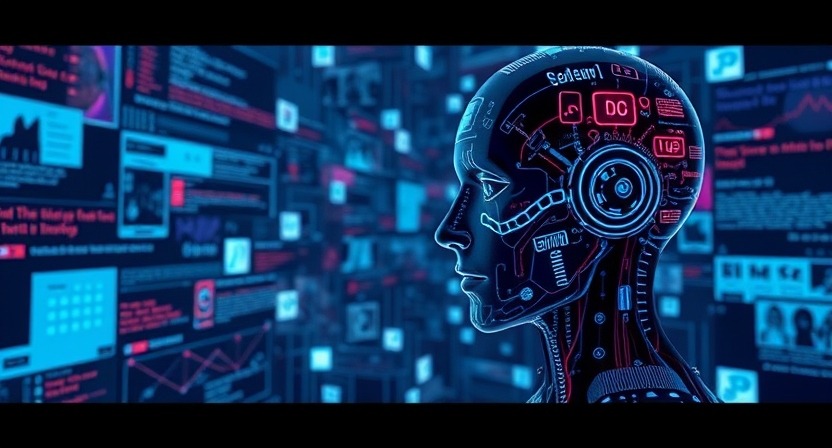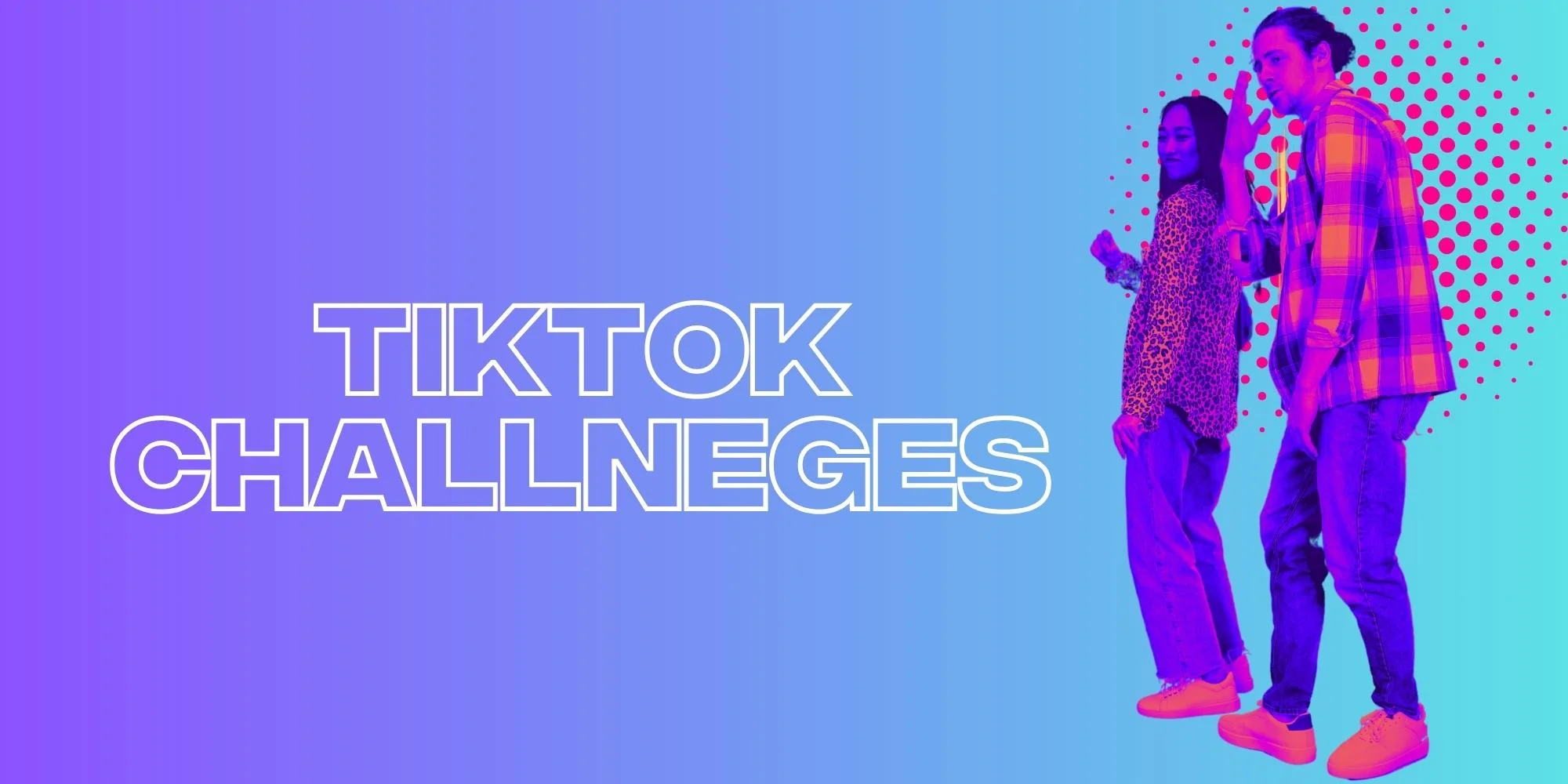In 2025, the metaverse has evolved into a vibrant digital landscape where people work, play, learn, and connect. At the heart of this transformation is artificial intelligence (AI), a driving force that powers immersive and interactive experiences. By blending machine learning with cutting-edge virtual environments, AI has enabled a new era of creativity, personalization, and innovation in the metaverse.
AI: The Engine of Immersive Experiences
The metaverse is not just a virtual space; it’s an experience. AI acts as the engine that brings these experiences to life. From dynamic avatars to intelligent virtual assistants, machine learning algorithms enable users to interact with their digital worlds in unprecedented ways.
Creating Realistic Avatars
One of the most visible roles of AI in the metaverse is creating realistic avatars. Through machine learning, users can now design avatars that mimic their physical appearances or embody their creative visions. AI-powered tools analyze facial features, body movements, and even voice patterns to produce avatars that feel lifelike.
For instance, some platforms use neural networks to process 3D scans and create hyper-realistic digital representations. These avatars can adapt and evolve, reflecting users’ emotions and gestures in real-time.
Intelligent Virtual Assistants
Virtual assistants in the metaverse have gone beyond simple task automation. Powered by natural language processing (NLP) and machine learning, they can now hold meaningful conversations, provide recommendations, and guide users through complex virtual environments. These assistants understand context, preferences, and even mood, making interactions seamless and intuitive.
AI-Driven Personalization in the Metaverse
Personalization is a cornerstone of the metaverse experience. AI enables platforms to tailor content, environments, and interactions to individual users, creating unique digital journeys.
Customizing Virtual Worlds
AI analyzes user behavior and preferences to customize virtual worlds. For example, if a user enjoys nature, the metaverse can generate lush forests or serene beaches as their backdrop. Machine learning models continuously adapt these environments based on real-time feedback, ensuring that each user’s experience feels fresh and engaging.
Adaptive Learning Experiences
Education in the metaverse has been revolutionized by AI. Virtual classrooms now use machine learning to adjust teaching methods and materials based on students’ learning styles and progress. This adaptability helps learners grasp complex concepts while maintaining an immersive and enjoyable environment.
Breaking Language Barriers with AI
The metaverse is a global space, and AI has made it accessible to people across different languages. Real-time translation tools powered by machine learning allow users to communicate effortlessly. Whether attending a virtual conference or socializing in a digital hangout, AI ensures language is no longer a barrier.
Real-Time Speech Translation
Using AI-driven speech recognition and translation, users can speak in their native language while their words are instantly translated into another. This technology fosters inclusivity, connecting people from diverse backgrounds.
Cross-Cultural Interaction
Beyond language, AI helps navigate cultural nuances. Machine learning models are trained on global cultural data to ensure that interactions in the metaverse remain respectful and culturally sensitive.
AI Enhancing Creativity in the Metaverse
The metaverse is a playground for creativity, and AI provides the tools to amplify it. From generating art to designing virtual spaces, machine learning empowers users to turn their ideas into reality.
AI-Generated Art and Music
AI algorithms can create stunning visuals and melodies tailored to individual tastes. Artists and musicians collaborate with AI tools to produce works that push the boundaries of creativity. In the metaverse, users can even co-create with AI, designing virtual galleries or composing immersive soundscapes.
Designing Virtual Environments
Building a digital world used to require advanced technical skills. Today, AI simplifies the process. Users can describe their vision in plain language, and AI generates intricate landscapes, buildings, or interiors. These tools democratize creativity, enabling anyone to contribute to the metaverse’s growth.
AI and Ethical Considerations
While AI offers immense possibilities, it also raises important ethical questions. In 2025, developers and policymakers are working to ensure that AI in the metaverse operates responsibly.
Privacy and Data Security
Bias and Fairness
Machine learning models can inadvertently reflect biases present in their training data. Efforts are underway to address these biases, ensuring that AI systems in the metaverse are fair and inclusive for all users.
The Future of AI in the Metaverse
Looking ahead, AI’s role in the metaverse will only grow. As machine learning technologies advance, they will unlock new possibilities, from hyper-realistic simulations to groundbreaking forms of entertainment. Collaboration between AI and human creativity will define the metaverse’s next chapter.
Seamless Integration with AR and VR
AI will enhance the integration of augmented reality (AR) and virtual reality (VR) technologies, creating even more immersive experiences. For example, AI could enable real-time adaptation of AR environments based on user input, blurring the lines between physical and digital realities.
Enhanced Social Interactions
AI will make socializing in the metaverse more natural and engaging. From understanding emotions to facilitating group activities, machine learning will help create a sense of genuine connection in virtual spaces.
Conclusion: A New Frontier of Possibilities
In 2025, AI is the backbone of the metaverse, transforming it into a dynamic and inclusive digital universe. By enabling realistic avatars, personalizing experiences, breaking language barriers, and enhancing creativity, AI empowers users to explore and interact with the metaverse like never before. As this technology continues to evolve, the line between the physical and digital worlds will fade, opening a new frontier of possibilities for all.







